Kunqu originated in the Ming Dynasty (1368-1644) and has been passed down through the generations for over 600 years. It was once the preferred form of entertainment for Chinese royalty and literati, and is considered a national treasure of China.

Kunqu is known for its elegance, subtlety, and sophistication. It emphasizes poetry, music, dance, and acting, and integrates them into a seamless whole.
The performers use delicate movements and gestures to convey emotions and tell stories, and the singing is accompanied by a small ensemble of instruments, including the flute, the pipa (a four-stringed lute), and the percussion.
Kunqu has a rich repertoire of classic works, including "The Peony Pavilion," "The Palace of Eternal Youth," and "The Peach Blossom Fan." These plays are often based on historical or literary events and characters, and explore themes of love, loyalty, morality, and social hierarchy.
One of the most striking features of Kunqu is the vocal technique used by the performers. Known as "xipi" and "erhuang," these techniques involve a series of melodic and rhythmic patterns that are used to express different emotions and moods. The singers also use a technique called "pingtan," which involves singing and reciting in a rhythmic and musical way.

Another important aspect of Kunqu is the costumes and makeup. The performers wear colorful and ornate costumes that reflect the style and fashion of the Ming Dynasty, and use makeup to enhance their facial expressions and highlight their characters' personalities.

Kunqu also features a variety of props and stage effects, including fans, umbrellas, swords, and banners. These props are used to create different atmospheres and enhance the storytelling.
In 2001, Kunqu was recognized by UNESCO as a Masterpiece of the Oral and Intangible Heritage of Humanity, which highlights its importance and cultural value.

Despite its rich history and cultural significance, Kunqu has faced challenges in recent years, as fewer people are interested in learning and performing it. However, there are still dedicated practitioners and enthusiasts who are working to preserve and promote this beautiful art form.
And that's it for our overview of Kunqu! We hope you've enjoyed learning about this fascinating form of Chinese opera and maybe even feel inspired to explore it further.


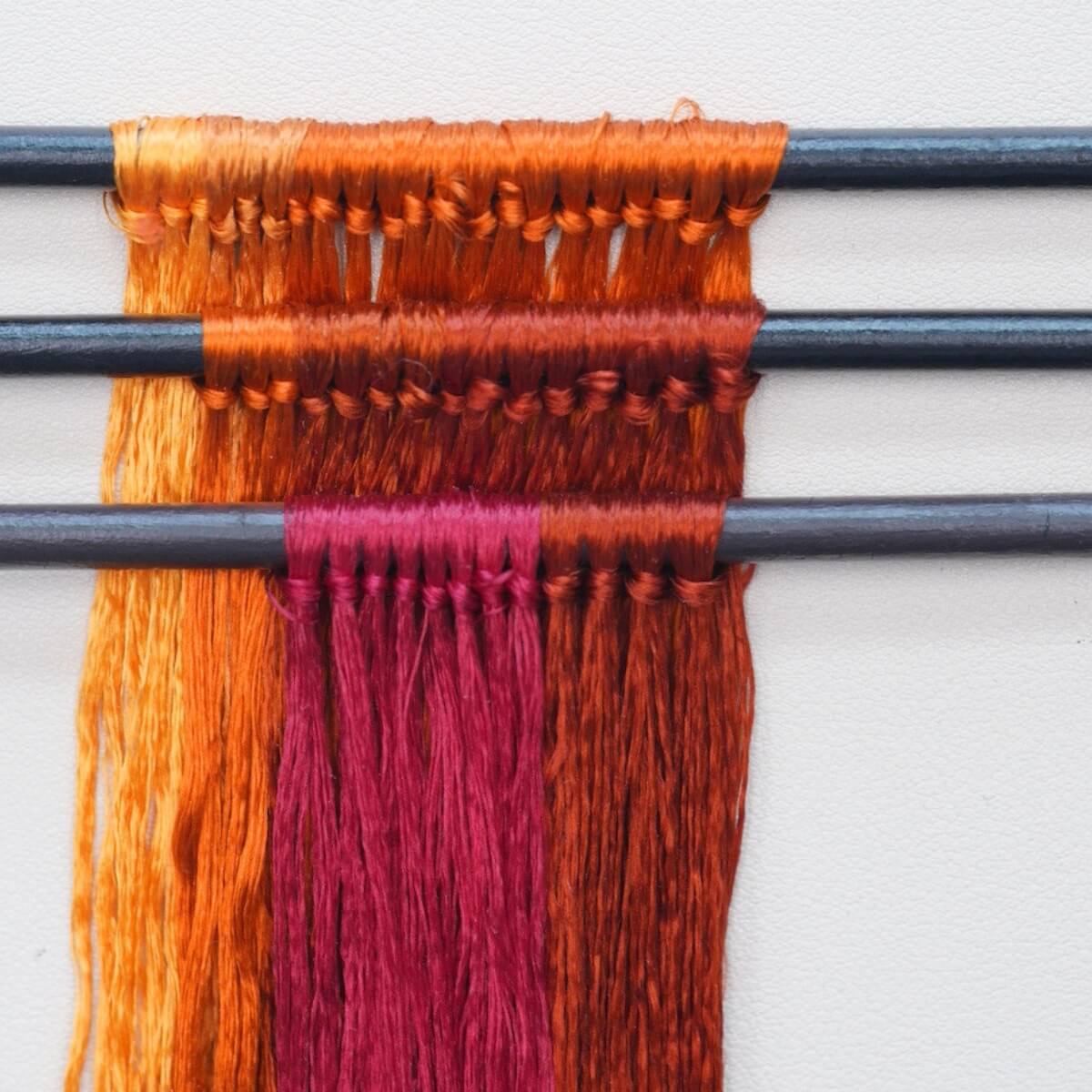
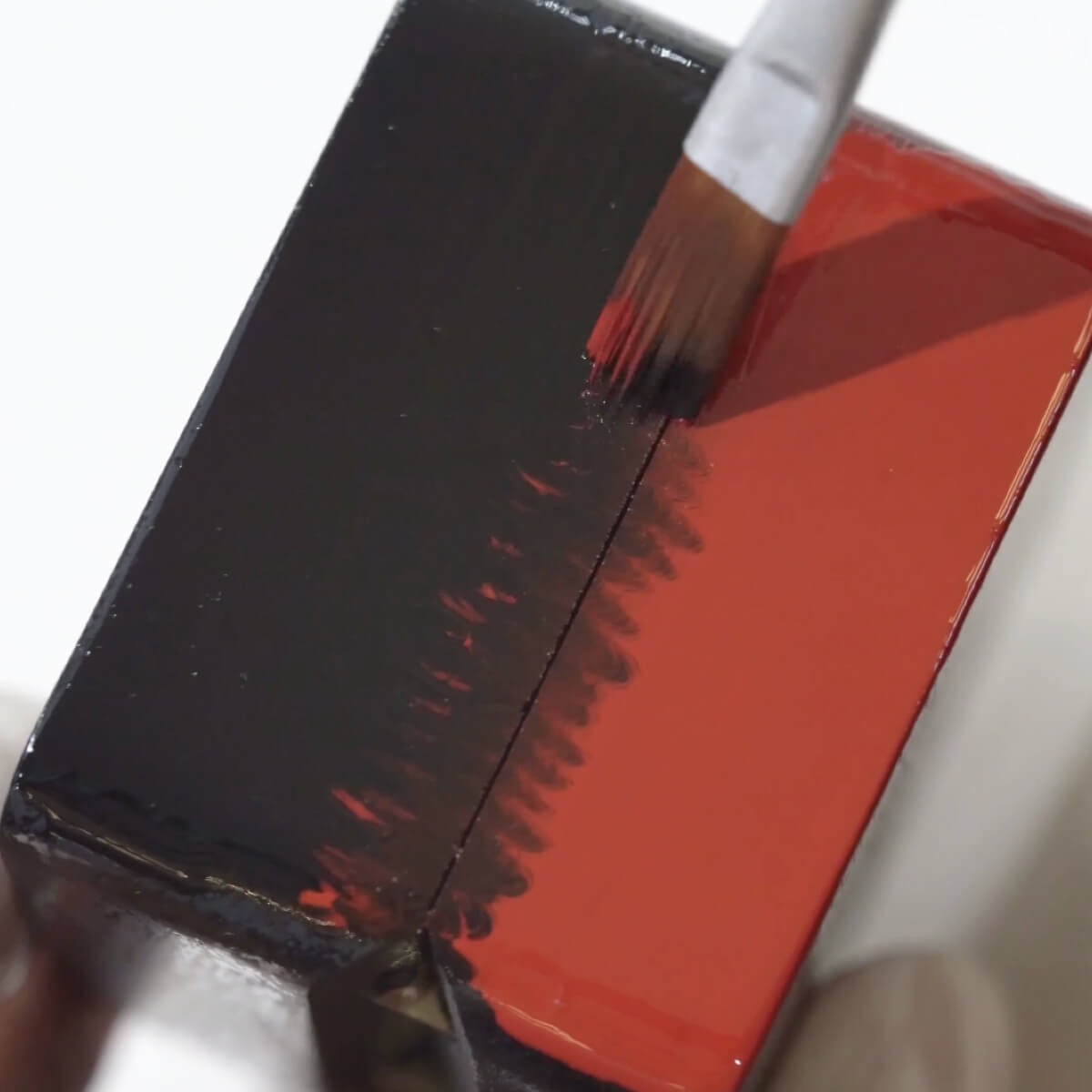

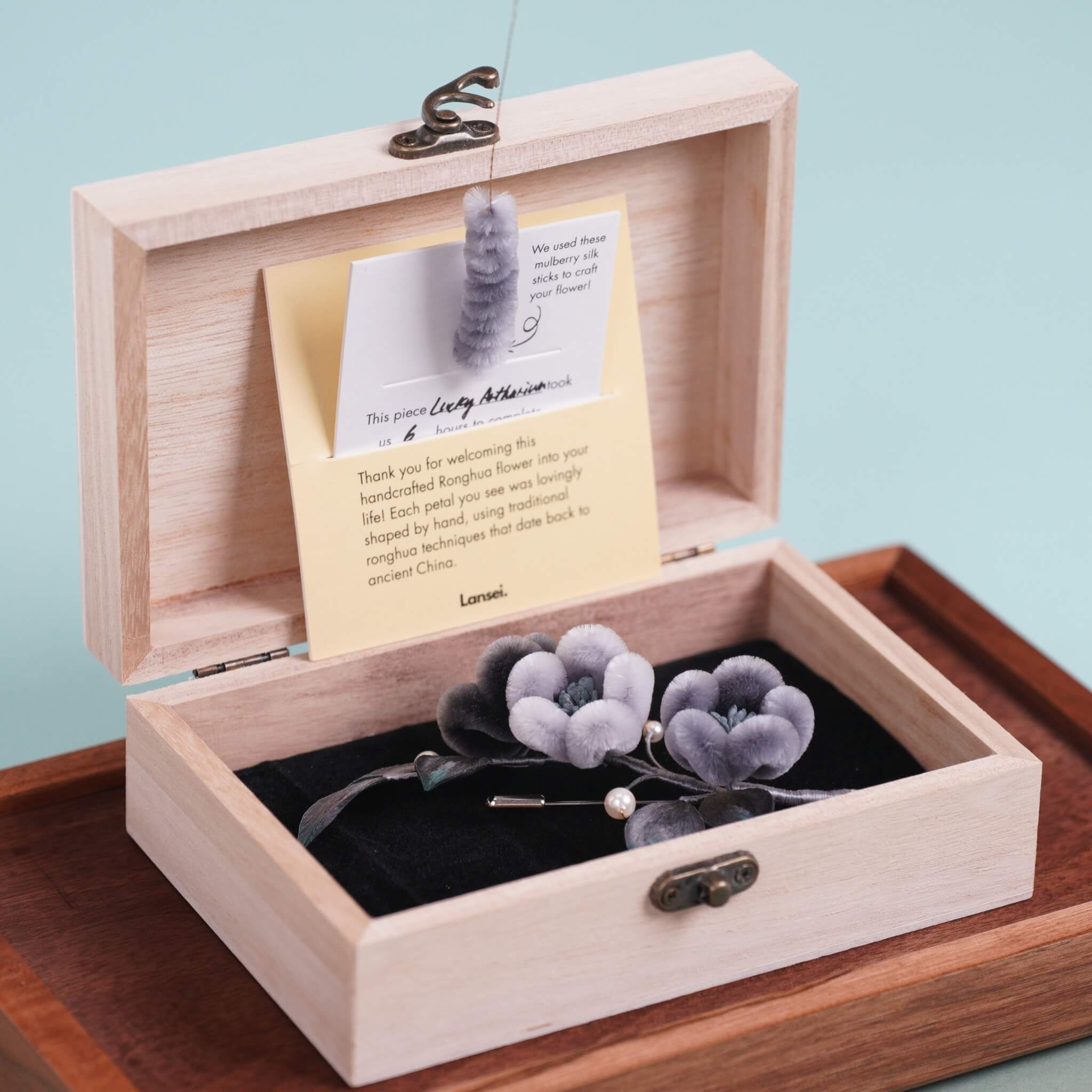
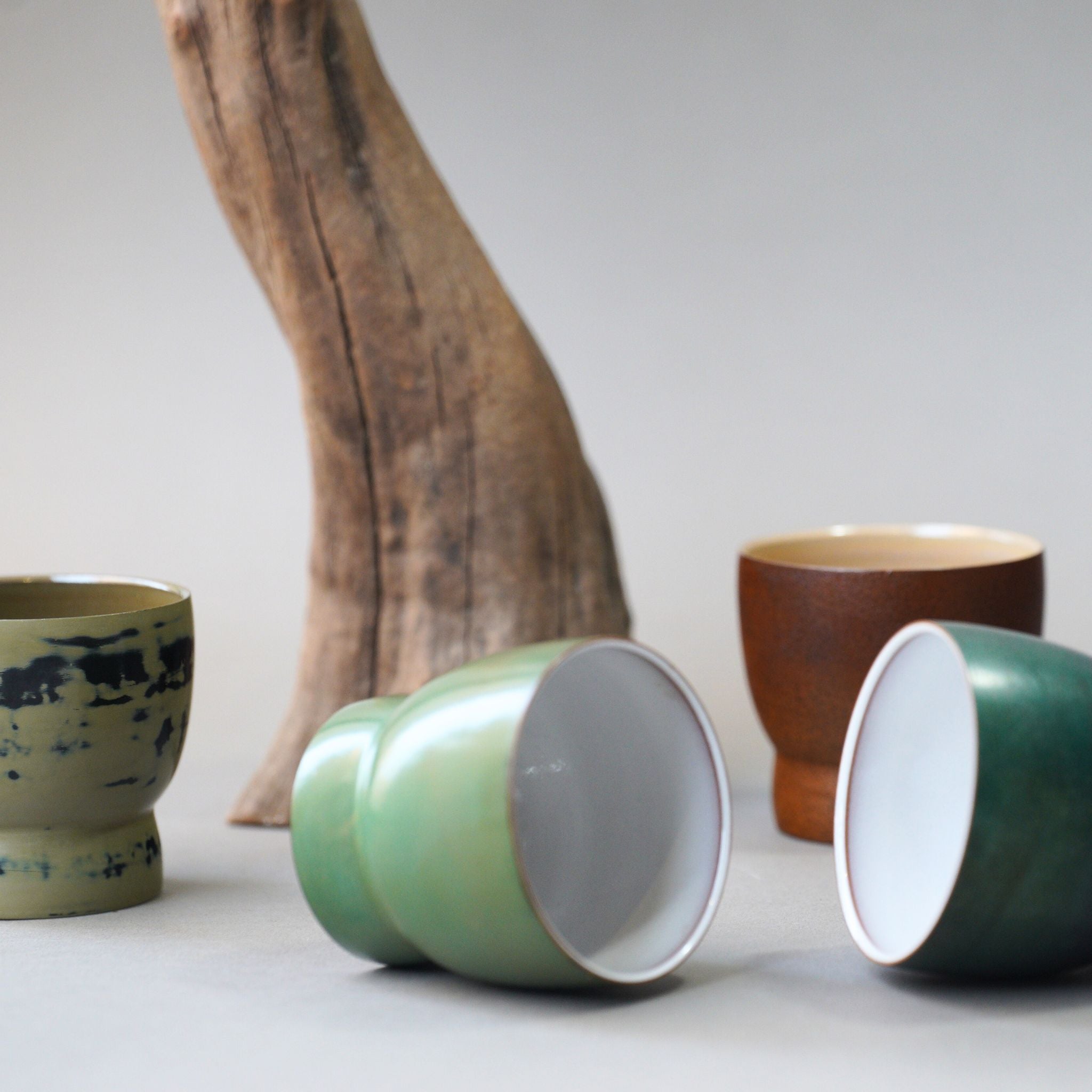
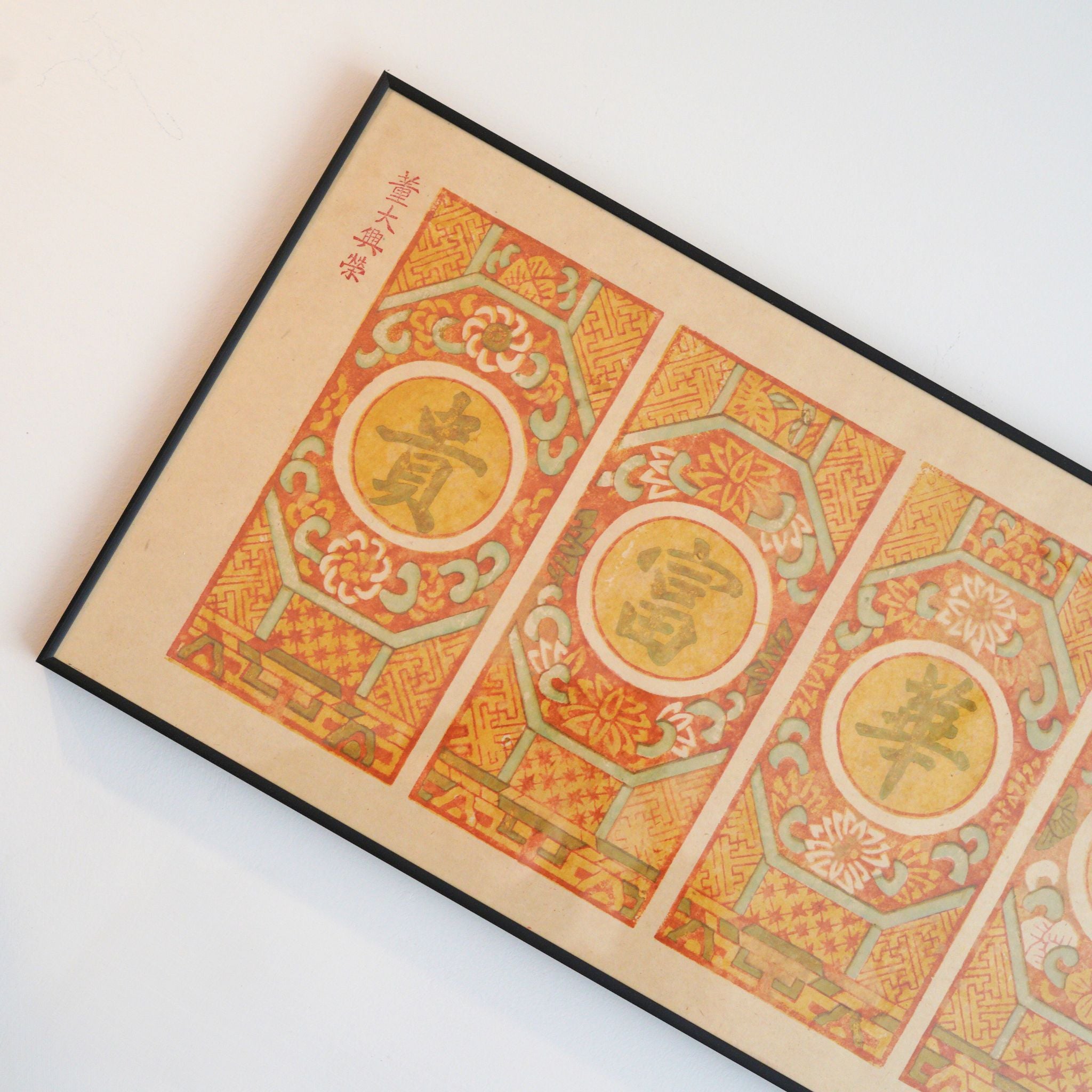
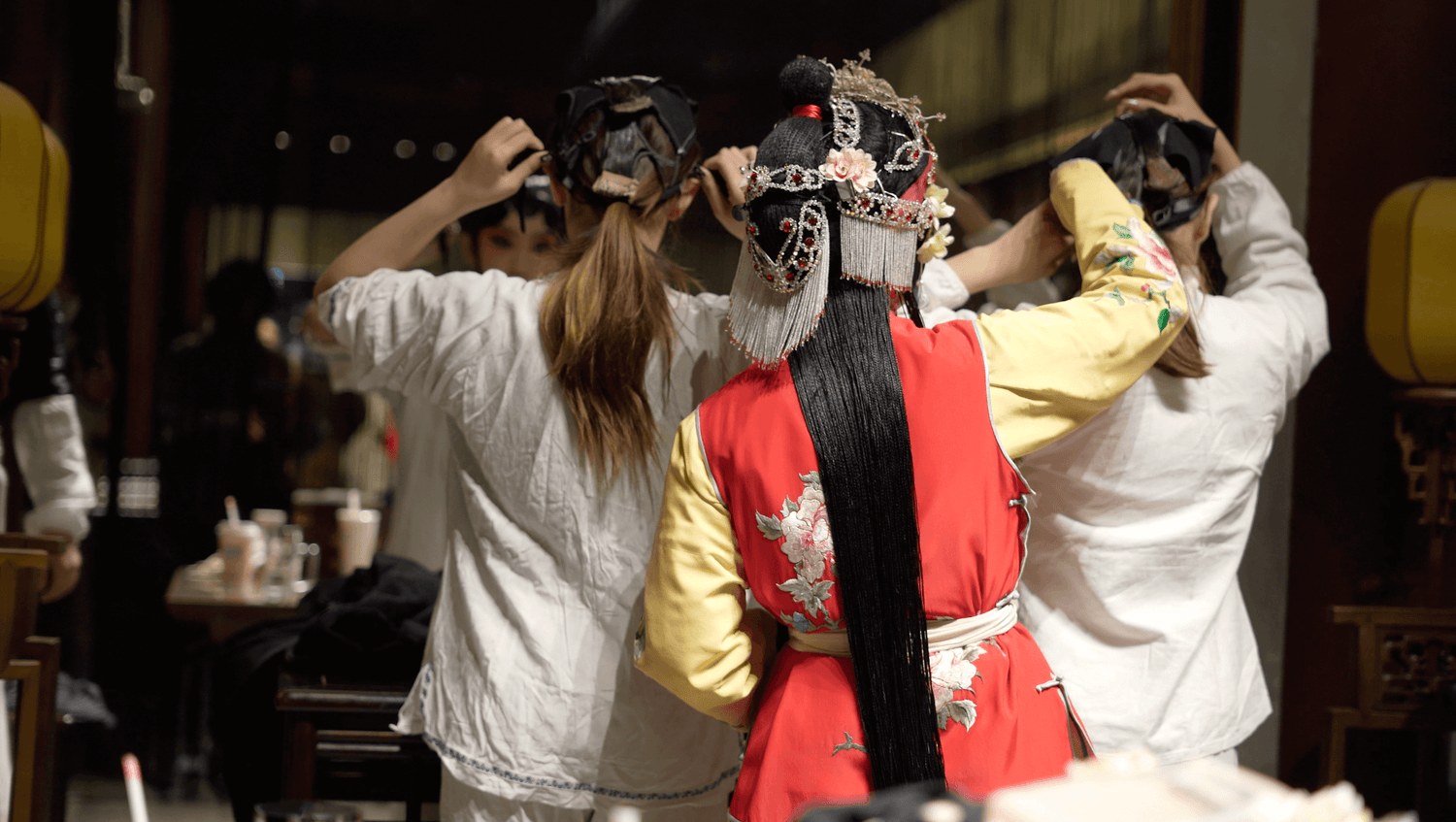
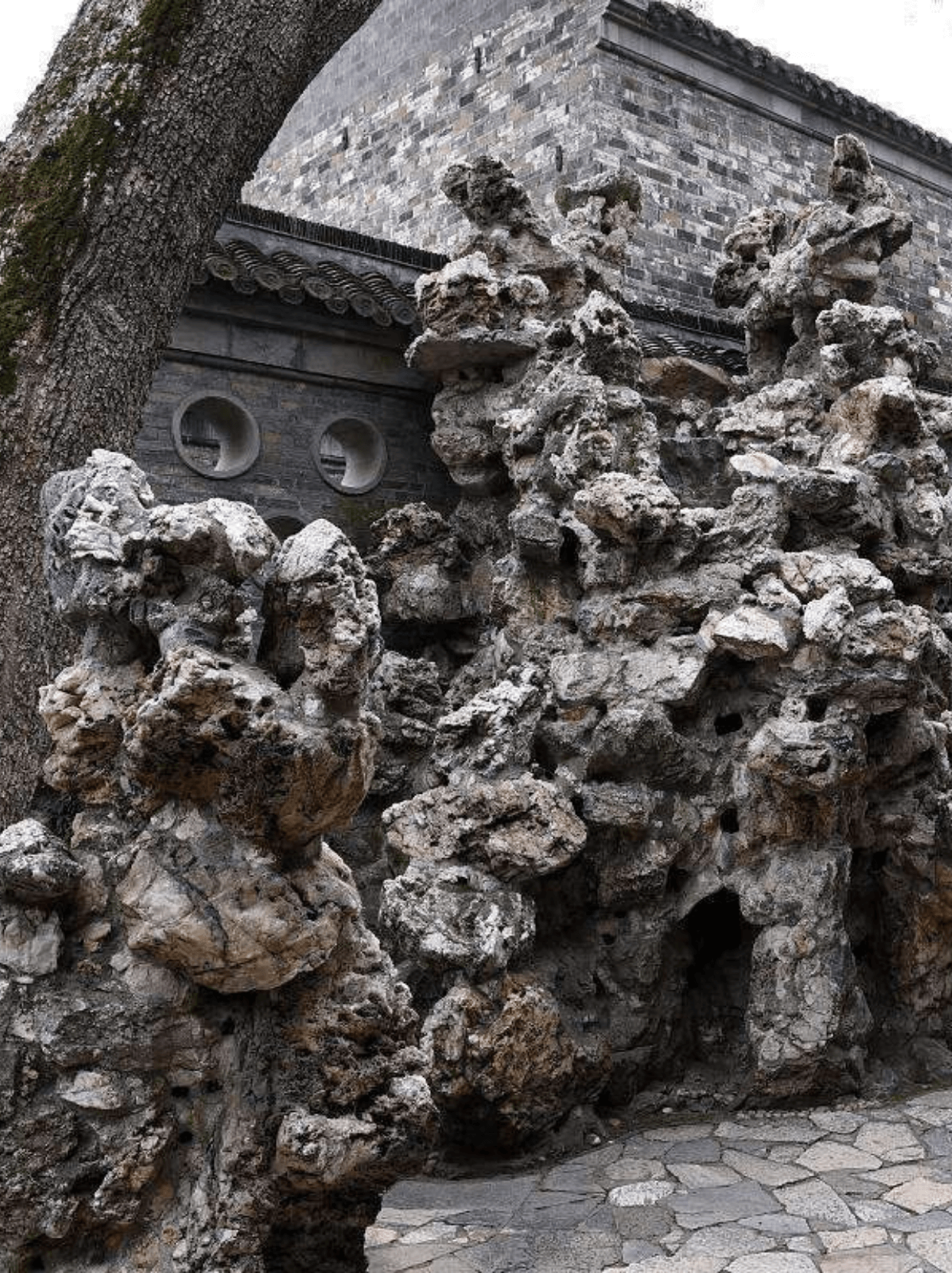
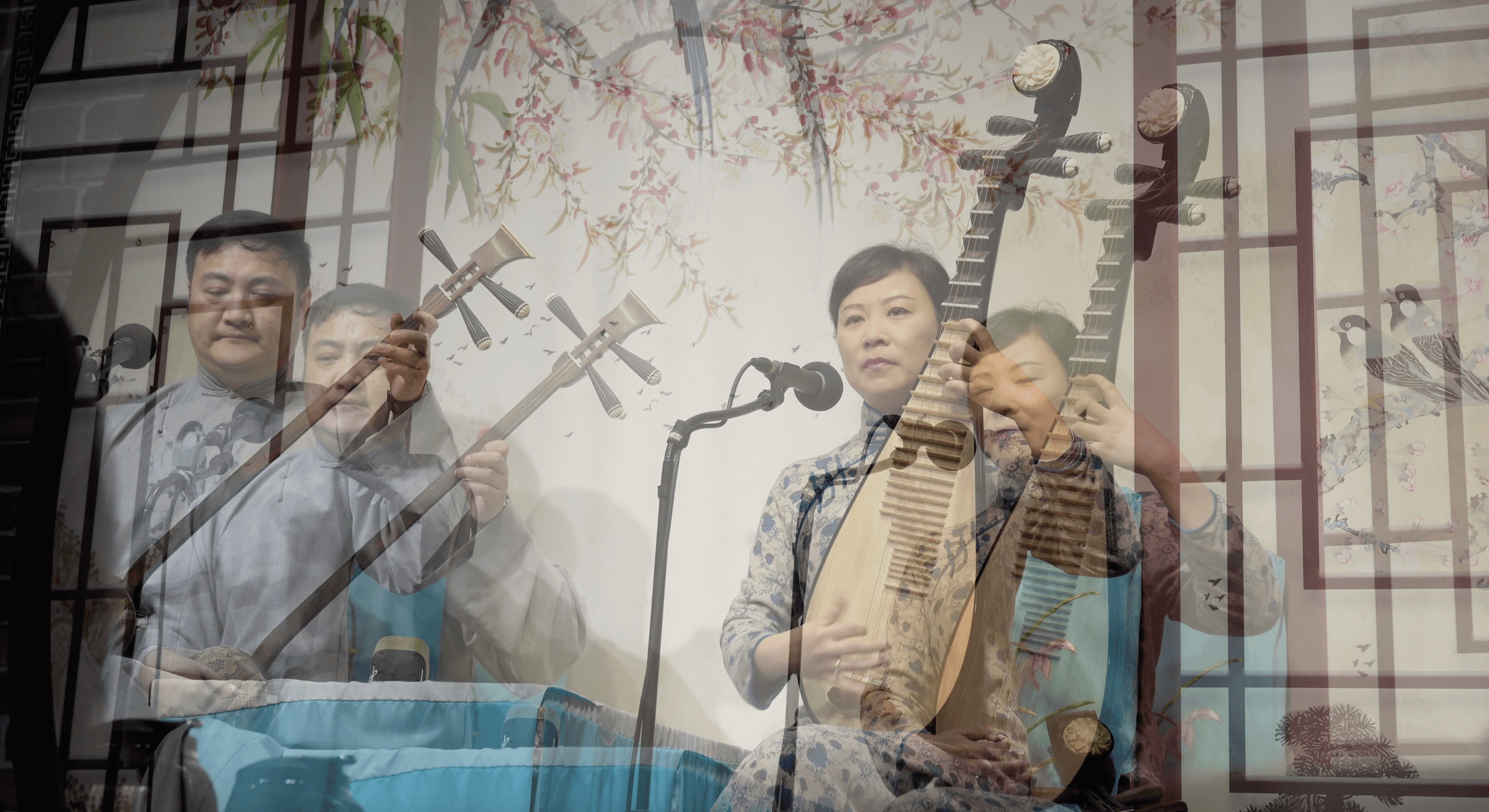
Laisser un commentaire
Tous les commentaires sont modérés avant d'être publiés.
Ce site est protégé par hCaptcha, et la Politique de confidentialité et les Conditions de service de hCaptcha s’appliquent.